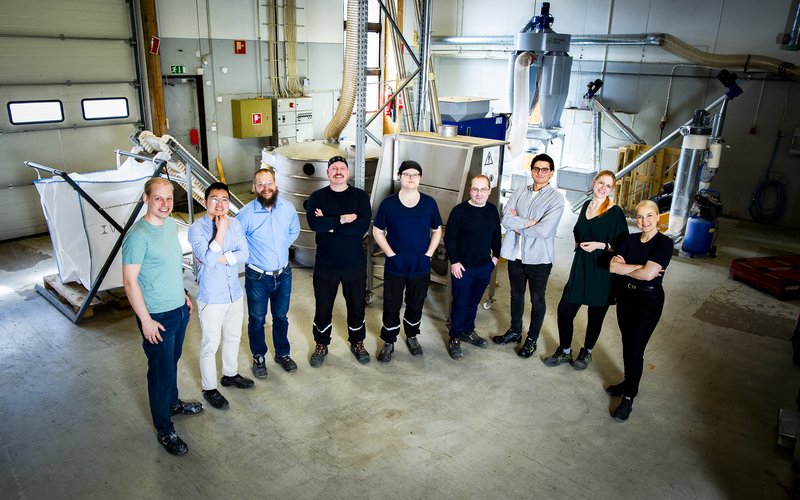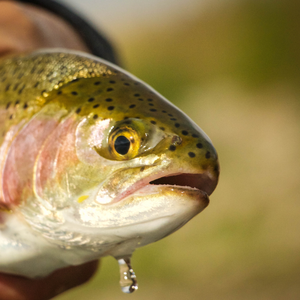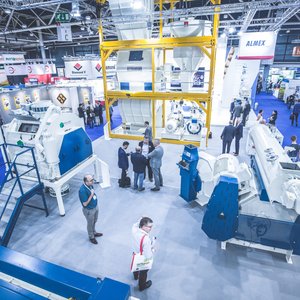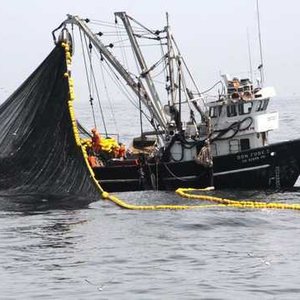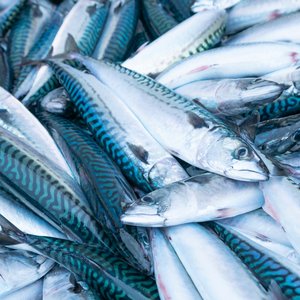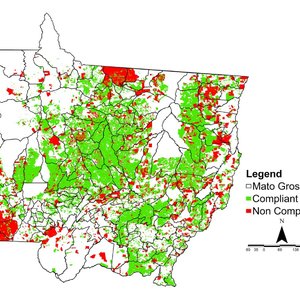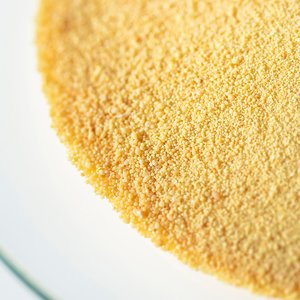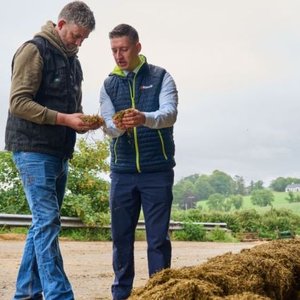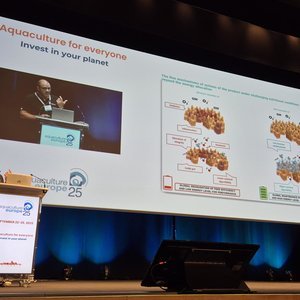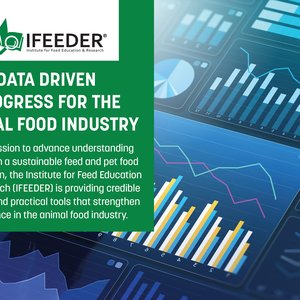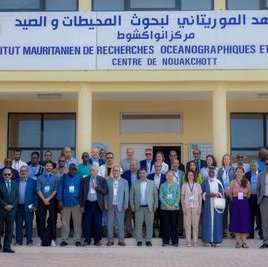Finnish insect company Volare closed a EUR 26 million funding round to build Volare 01 – a facility set to become the most efficient protein production plant in the world, and advance its unique technology.
Located in Pori, Finland, the plant will serve as a cornerstone in scaling Volare’s proprietary insect protein technology and marks a major step toward advancing sustainable aquaculture. The round includes a mix of equity, mezzanine and senior loans, and public funding, with support from Maki.vc, Firstminute Capital, Springvest, the Finnish Climate Fund (to be merged with Finnish Industry Investment), Finnvera, Norion Bank, and other financial institutions.
At the core of Volare’s breakthrough is the black soldier fly (Hermetia illucens), nature’s most efficient bioreactor. These insects naturally convert food industry byproducts into high-value resources with exceptional efficiency. Leveraging a brownfield location, Volare offers a significantly more capital-efficient setup than greenfield builds. Several key technologies integrated into the process achieve a 30% reduction in processing energy use and aim to cut hygienization energy use by 50%, enabling operational expenditure (OPEX) performance unseen in the insect technology sector. Volare’s technology is designed for maximum resource efficiency: it operates without fossil fuels, produces zero wastewater, and results in a substantially lower carbon footprint than conventional protein sources. By replacing wild-caught fish and cutting CO₂ emissions, Volare’s ingredients play a direct role in decarbonizing aquaculture and advancing sustainable global food production.
Volare said its insect protein meets the highest standards of nutritional and functional quality. Developed in close collaboration with leading aquafeed experts, the product has been optimized from the ground up and is already proven in commercial use. An offtake agreement with Skretting ensures long-term demand from the upcoming facility. Volare is also currently piloting insect-fed rainbow trout in Finland through a 150,000 kg collaboration with Alltech Fennoaqua, a Finnish fish farmer, and a distributor. As large-scale production begins, Volare is well-positioned to support Norwegian producers with a high-quality, regionally sourced alternative to imported fishmeal, offering shorter lead times, lower emissions, and improved supply reliability.
On top of aquafeeds, Volare is also serving the pet food industry. The Volare 01 plant will produce 5,000 tons of protein – equivalent to the yield of 200 million Baltic herrings annually, approximately 18% of Finland’s total commercial fish catch in protein terms. Designed for scalability, the facility will serve as a platform for future expansion across Europe.
As Volare enters the next chapter, the company is realigning leadership roles to support its expanding vision. Co-founder Jarna Hyvönen, formerly chief commercial officer, has been appointed chief executive officer as of June 2025, bringing a strong track record in commercial strategy to lead the company into its next stage of growth. Co-founder Tuure Parviainen, who has led Volare as CEO since its founding, will transition to the role of chief science officer. In this new position, Parviainen will focus on advancing the company’s core technology and overseeing the development of its new industrial facility.
Tuure Parviainen, chief science officer and co-founder of Volare, said in a press relase that “Volare was founded on the vision that protein can – and must – be produced in a radically more efficient and sustainable way. Now, we’re entering a new phase: scaling up to full industrial production. Our new facility will bring our proprietary, zero-waste, fossil-free process to life at scale, transforming food industry byproducts into high-quality protein and strengthening Europe’s food resilience.”
Jarna Hyvönen, CEO of Volare, said that “this is the most efficient way to produce protein, combining low-value raw materials, nature’s own bioreactor, and proprietary ultra-efficient technology – a combination that’s hard to beat. The result is a process with emissions significantly lower than conventional alternatives, up to 4–8 times lower than soy. This investment marks a major step toward full-scale operations and reinforces Volare’s position at the forefront of the global protein transition.”


